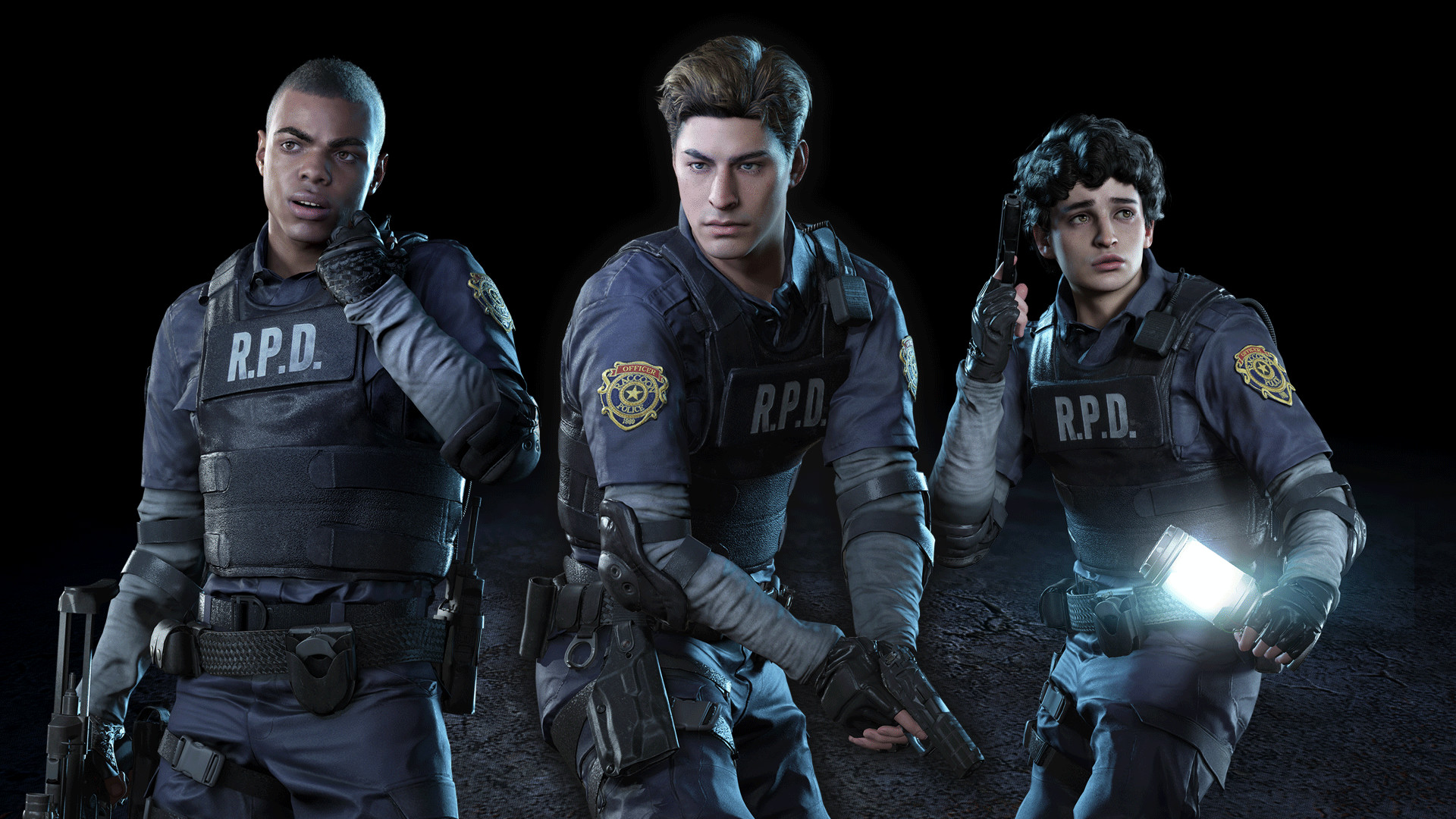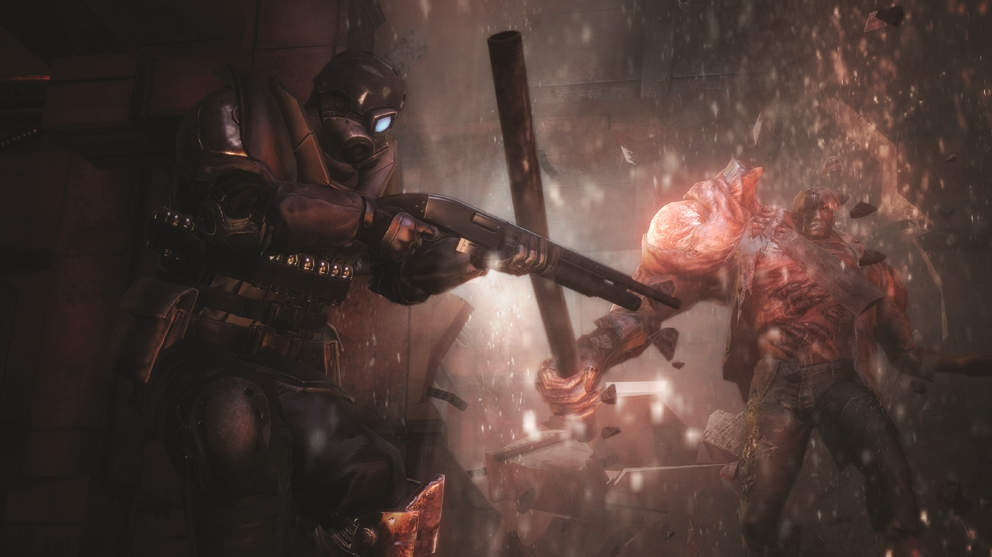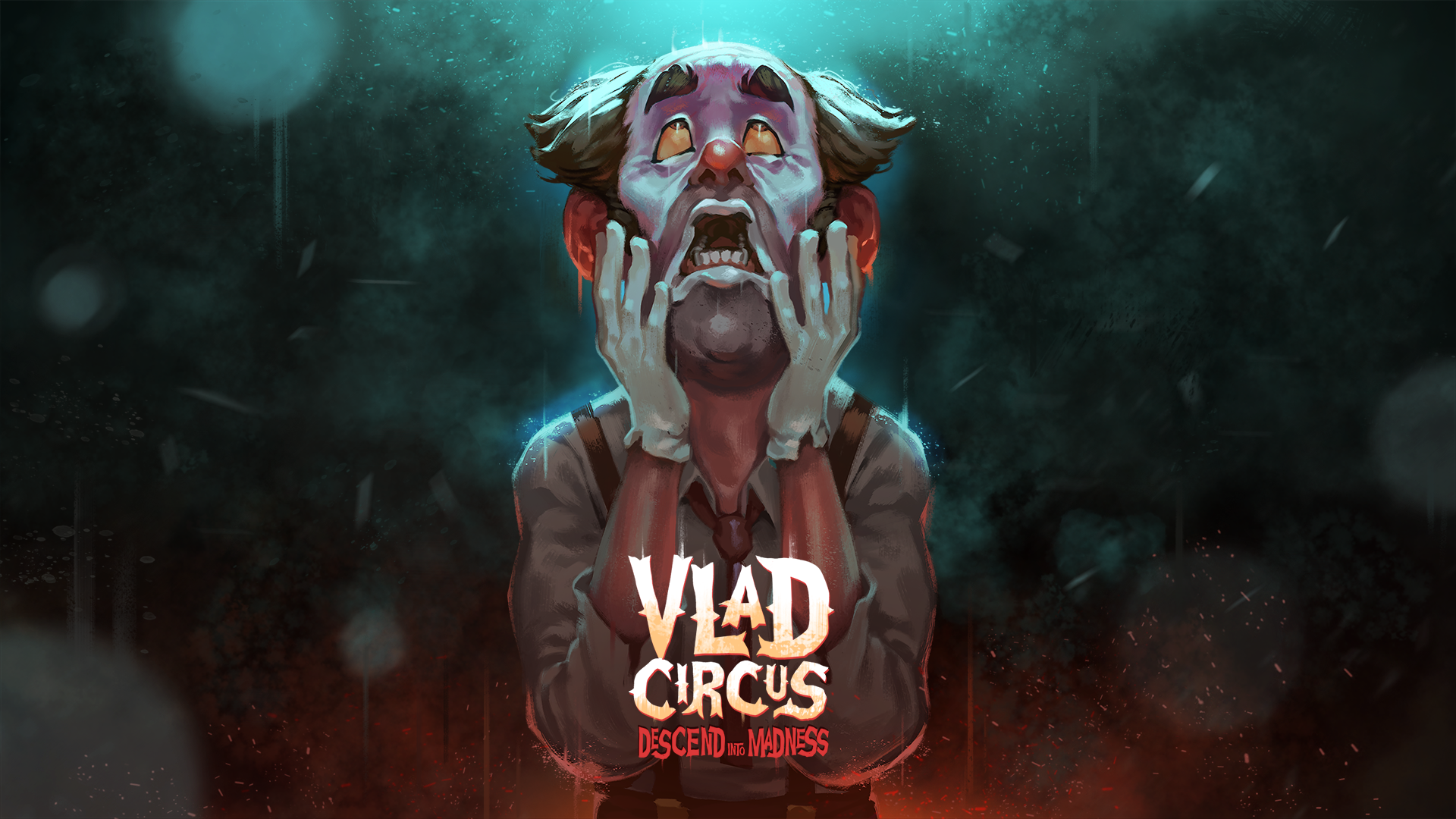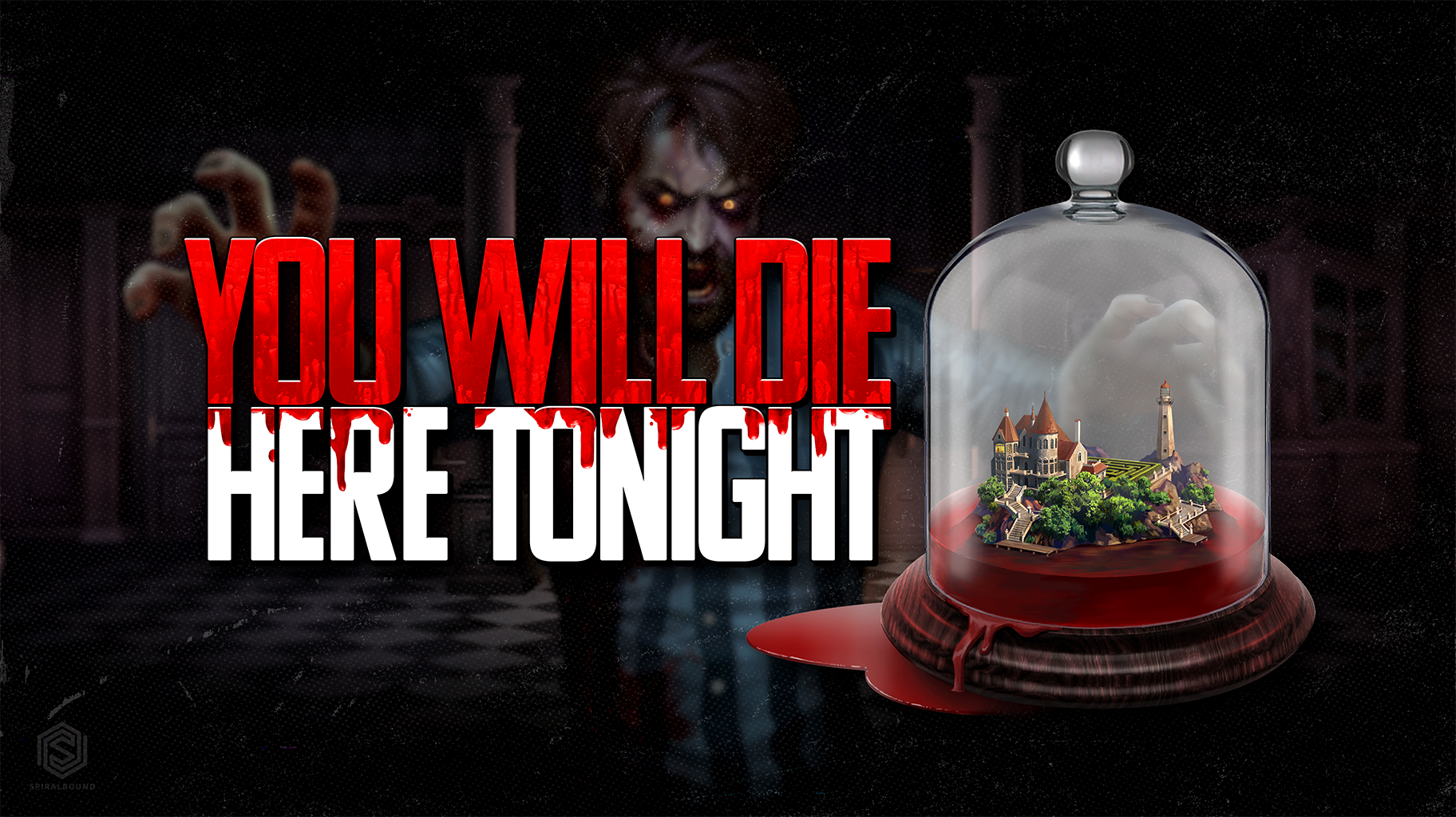
How Resident Evil Fumbled Queerness, and How to Fix It
There are gay characters in Resident Evil, but you wouldn’t know it from playing the games.
The first, Crispin Jettingham, appeared in Operation Raccoon City in 2014. The character, who goes by the name “Dee-Ay,” is a member of the U.S. Special Forces team and was only confirmed to be queer in an interview with game writer and creative director after the game’s release. Dee-Ay was apparently a riff on “Don’t Ask,” after “Don’t Ask, Don’t Tell,” and writer Adam Bullied confirmed to Polygon that while the game initially had some references to tha character’s sexual orientation, the script was heavily edited in production. Still, the character’s experience as a gay soldier was never the focus.
In 2020’s multiplayer Resident Evil: Resistance, which was bundled with the remake of Resident Evil 3, one of the playable characters, Tyrone Henry, is also canonically gay, but this is never mentioned in-game. Game director Al Yang confirmed Tyrone’s sexual orientation on Twitter for Pride Month. Again, Yang said they didn’t want Tyrone’s sexual orientation to be the basis of the character.
Both games are multiplayer-focused (or exclusive), and both games featured characters who are gay despite no mention of it in-game. It’s not that these games backtracked after the fact and decided these characters were gay — it’s that in both cases, there’s no textual evidence in the games. Well-intentioned or not, representation doesn’t mean a whole lot unless it’s actually there.
While both games’ writers claimed that it’s difficult to tell individual characters’ stories in multiplayer games, that barrier has broken in recent years by multiplayer-only experiences like Dead by Daylight, which recently had a character come out, and Apex Legends, which has had multiple queer characters since its release.
Resident Evil is a juggernaut franchise with recognizable characters throughout, but it’s pretty sad that the only gay characters in the series are in two multiplayer spinoff games. But this can be fixed! The world of Resident Evil is so rich, so filled with interesting places and people and organizations, that it would be easy to introduce queer characters to the series.

It’s not like there hasn’t been romance in the games before — look at the sexual tension between Leon and Ada, for example. And Resident Evil certainly has sexualized characters. In addition to its problematic objectification of its female characters, there are plenty of moments of male fetishization, as well. Have you seen some of the alternate Chris Redfield costumes?
Speaking of Chris Redfield, the character has long been a favorite of the gay community, with his big muscles, seeming lack of interest in any women, strong and silent personality and general compassion. Since there’s no evidence pointing to the contrary, why not reveal Chris is gay?
In a series of strong characters, and one that continually introduces new protagonists with each game, there’s no reason not to have a badass queer hero. And the idea that a character’s sexual orientation doesn’t have to be the “focus” is, to this writer, a bit of a copout. Horror is inherently queer. It’s about the other, it’s about fear of the other. Resident Evil should find its queerness.




